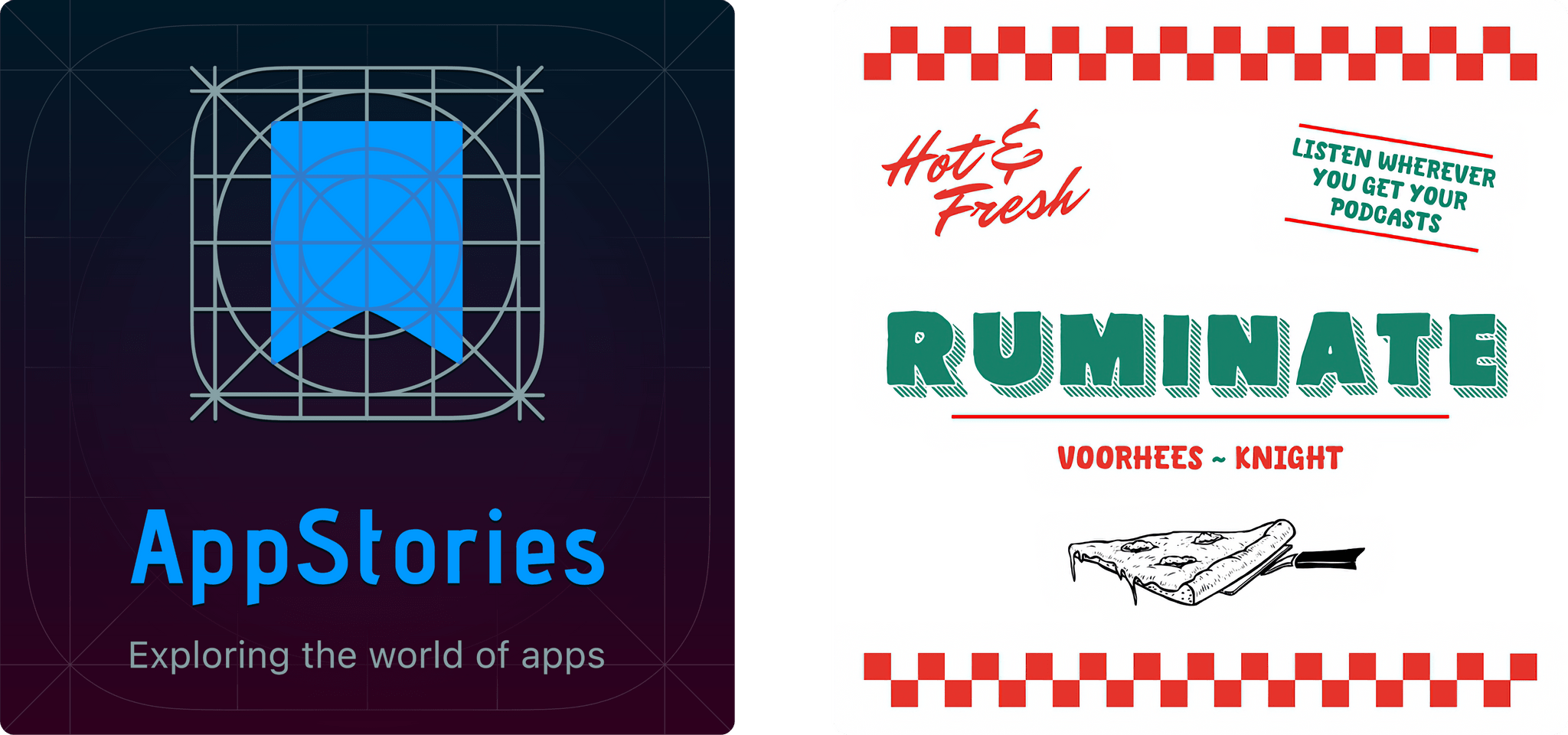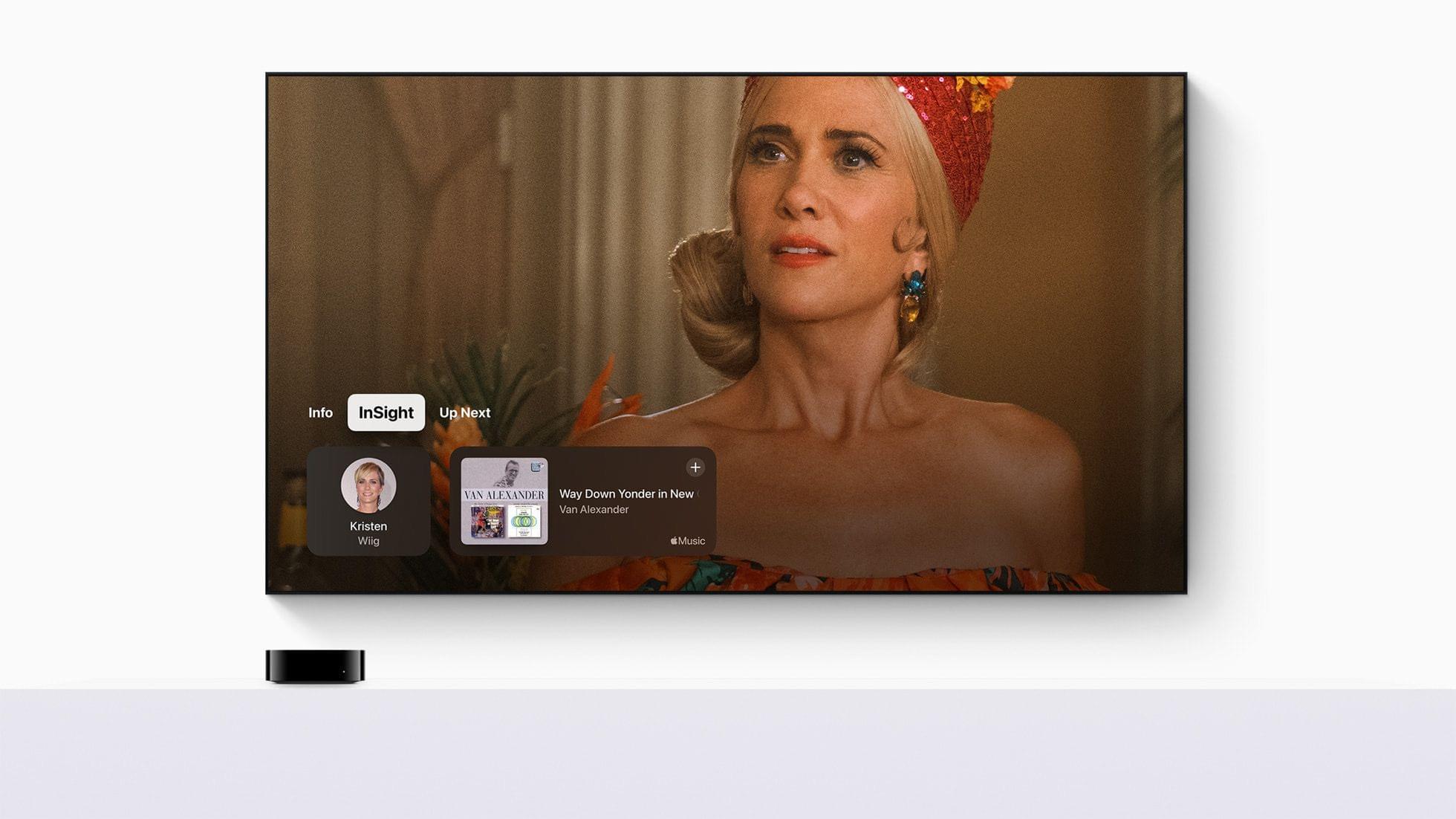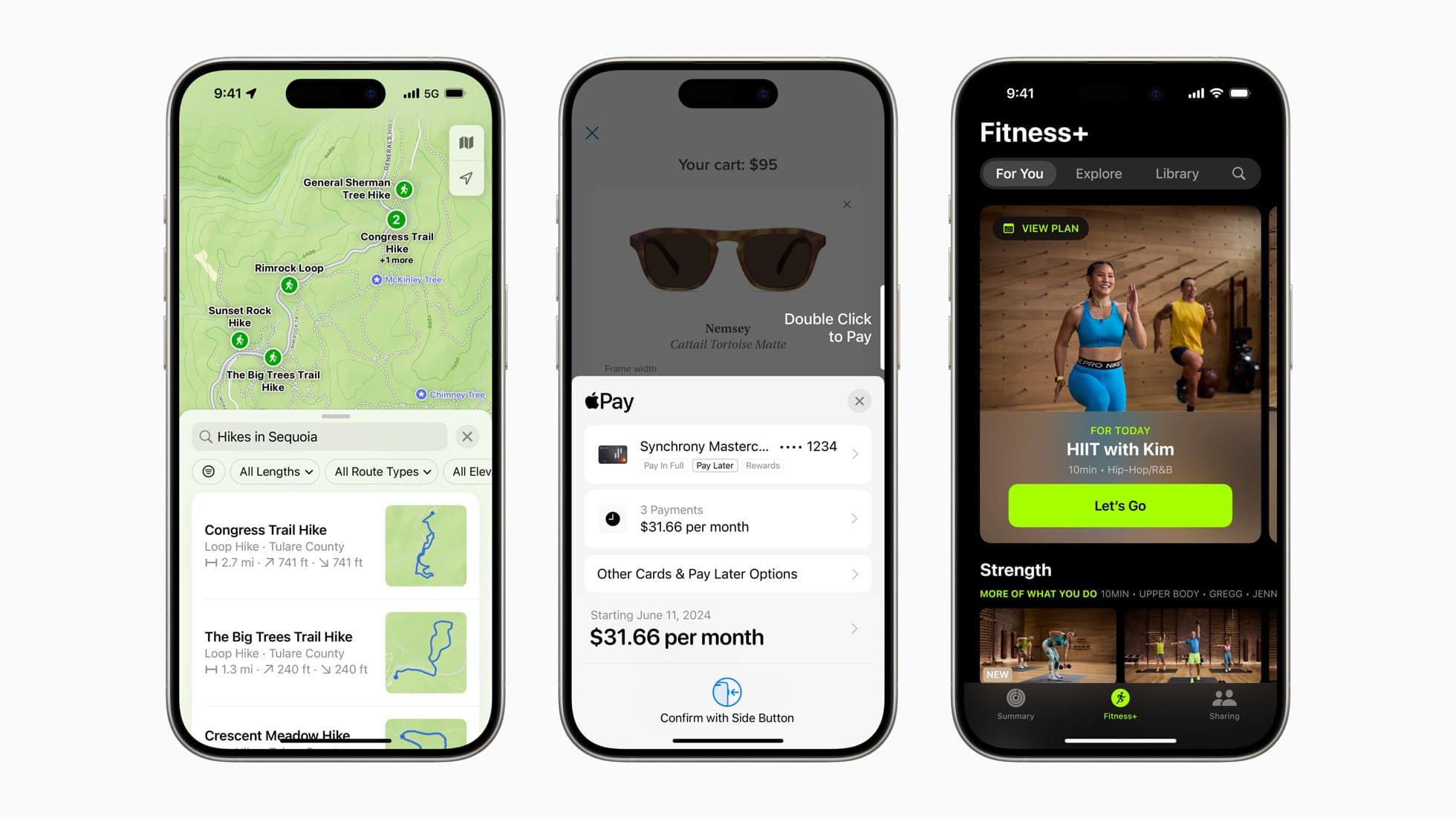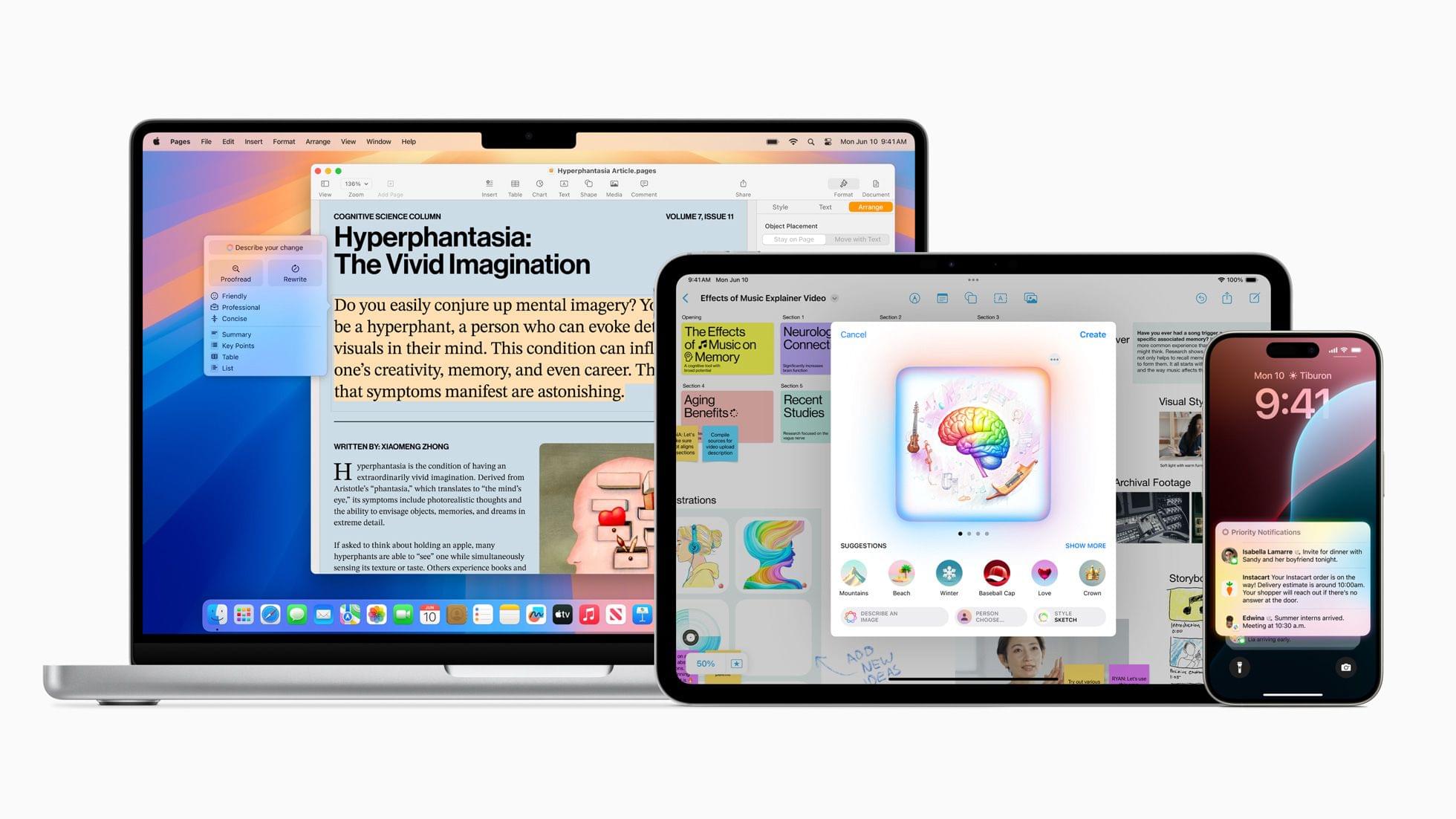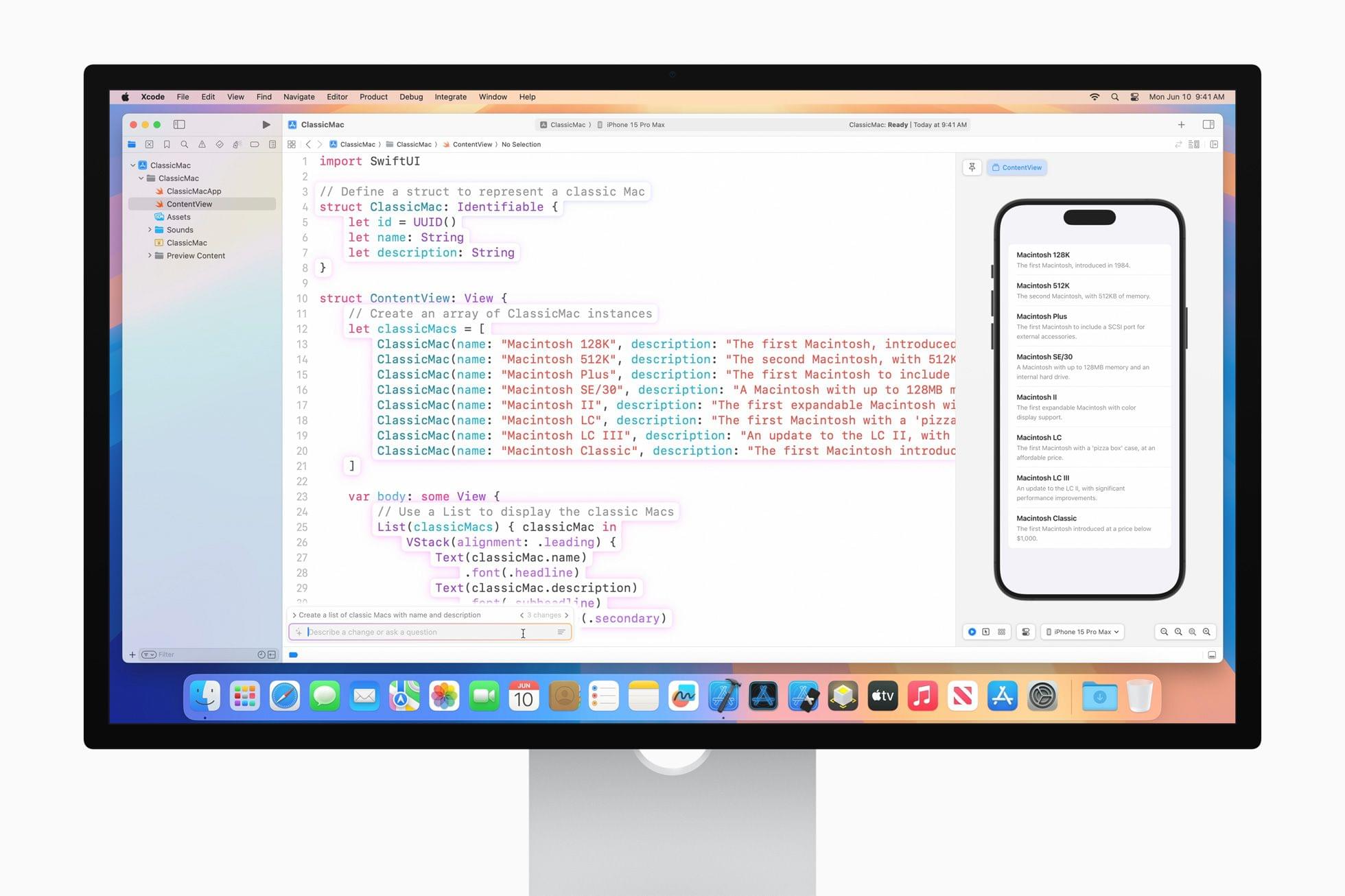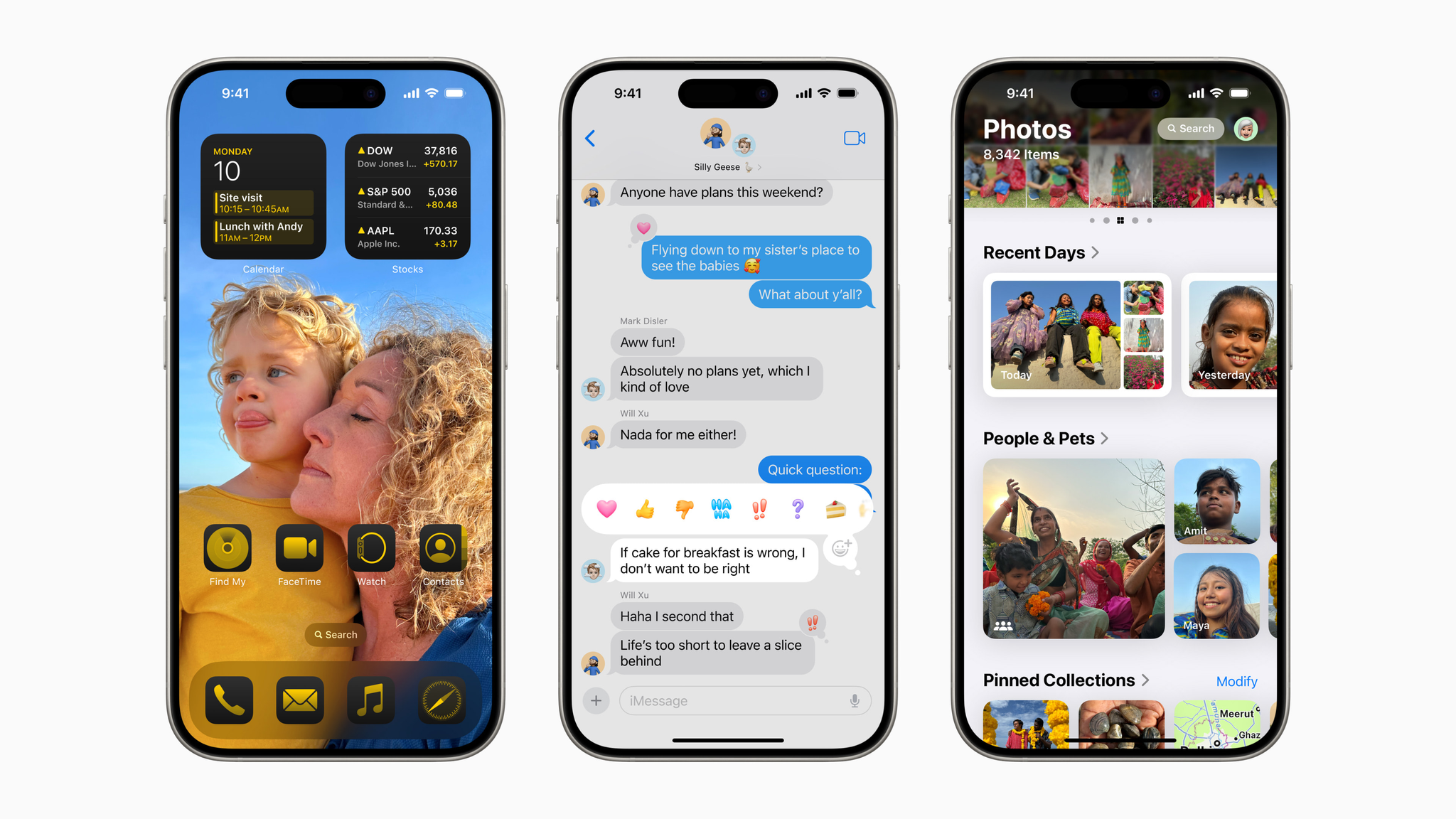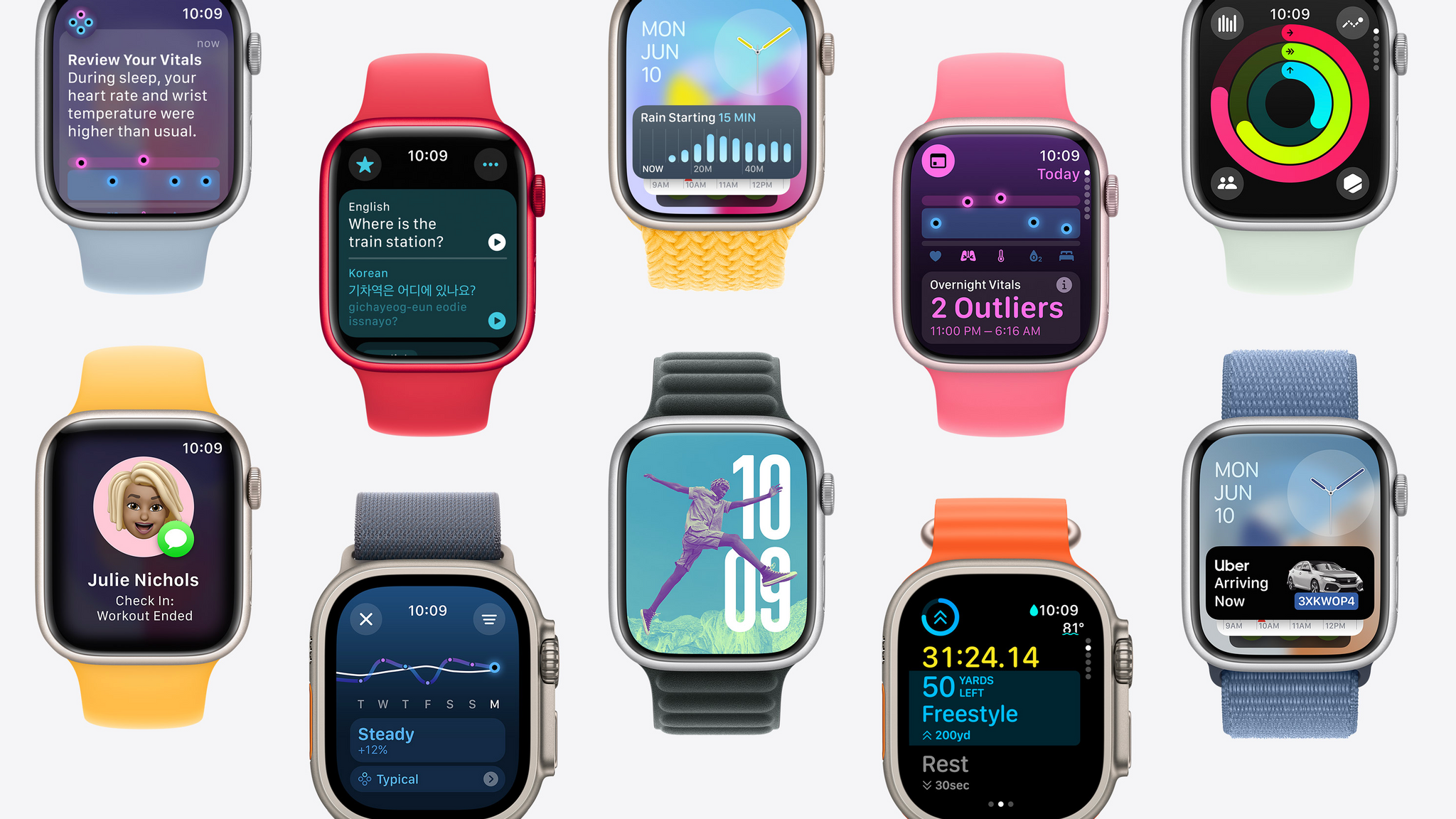Enjoy the latest episodes from MacStories’ family of podcasts:
For the latest WWDC episode of AppStories, Federico is joined by Myke Hurley to talk about the Vision Pro and Apple Intelligence before John pops up with some AI tidbits and a WWDC vibe check from in and around Apple Park.
This episode is sponsored by:
- 1Password Extended Access Management – Secure Every Sign-In for Every App on Every Device
For this special episode of AppStories, Federico is joined by Jonathan and Niléane live in the Club MacStories+ Discord community to share their first impressions of the WWDC 2024 Keynote.
This episode is sponsored by:
- Kolide – It ensures that if a device isn’t secure it can’t access your apps. It’s Device Trust for Okta. Watch the demo now.
Recorded live in the Club MacStories Discord, Federico share their final preparations and plans for WWDC 2024 along with some last-minute predictions.
On AppStories+, Federico reveals his trio of iPad Pros and we take questions from Club members about WWDC.
This episode is sponsored by:
CleanMyMac X: Your Mac. As good as new. Get 15% off today with code APPSTORIES15.
- Kolide – It ensures that if a device isn’t secure it can’t access your apps. It’s Device Trust for Okta. Watch the demo now.
This week, new MacStories podcasts, the Ruminate intro song is back, snack news, some keyboard accessories, and an alternative to the small web.


